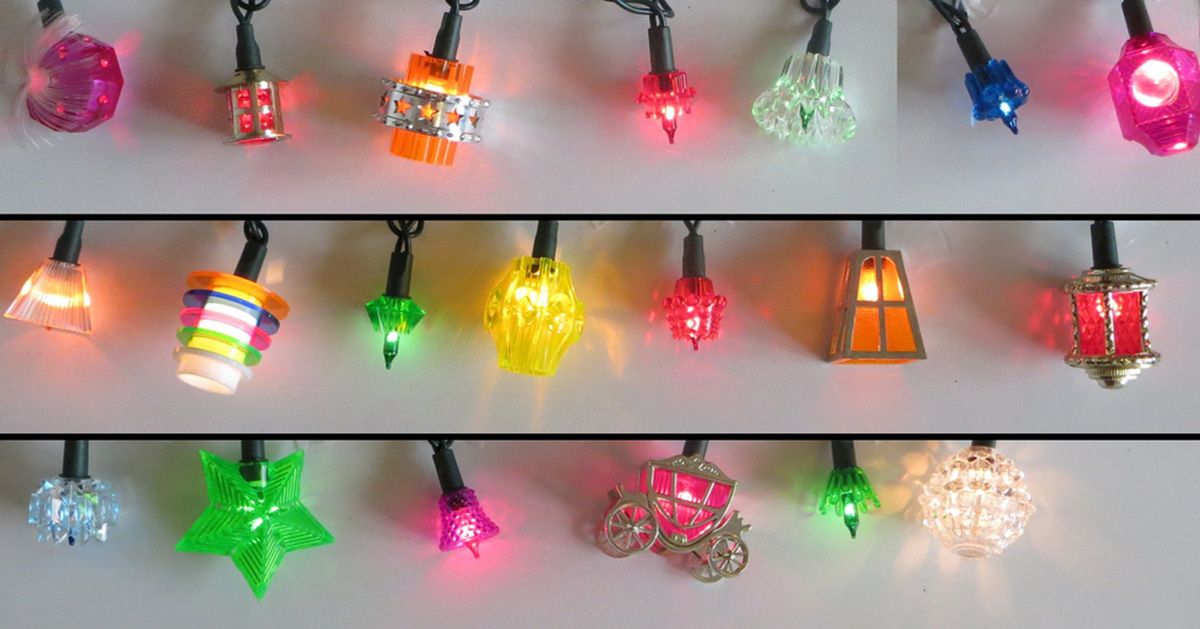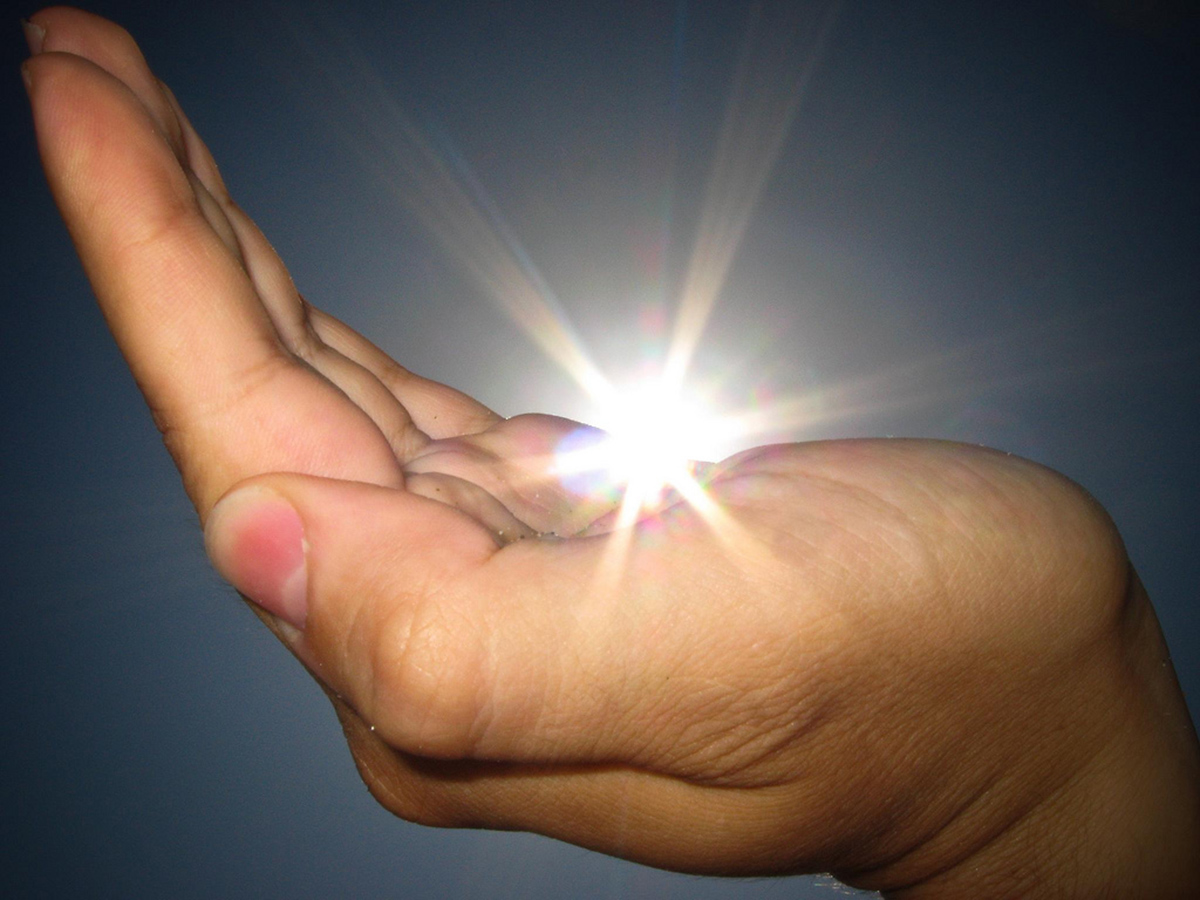Causes and risk factors
The causes of major depression are relatively unknown but there are theories, hypothetical situations and triggers which do seem to make sense. These include the following issues.

- Physical changes in the brain.
- Changes in the function and effect of neurotransmitter hormones which are produced by the brain.
- Genetic factors seem to be an important cause as these conditions seem to be inherited.
- Traumatic events such as physical, emotional and sexual abuse.
- Having a low self-esteem, being pessimistic or self-critical.
- Being homosexual in an environment where there's no support.
- Alcohol abuse or using illicit drugs.
- Being diagnosed with chronic or terminal diseases like cancer.
- Medications used for hypertension and insomnia.
Signs and Symptoms
During episodes of depression, signs and symptoms of major depression can appear for most of the day, nearly every day the episode occurs. These signs and symptoms include the following:
- Loss of interest in activities they used to find pleasure in. These activities can include hobbies, sport and sex.
- Increased irritability, angry outbursts and frustration even over little things.
- Feelings of emptiness, hopelessness, tearfulness and sadness.
- Decreased appetite and weight loss. Some patients experience cravings for sugary foods and gain weight.
- Tiredness and a decrease in energy levels can be experienced, even for tasks that take no effort to perform.
- Sleep disturbances which include sleeping too little or too much.
- There's trouble concentrating, thinking properly, remembering and making decisions.
- Increased anxiety, restlessness and agitation.
- Feelings of guilt and worthlessness and thus low self-esteem.
- Psychosomatic symptoms can occur such as headaches, chest pains and generalized muscle aches and pains.
- Suicidal thoughts or feelings as well as behaviours and attempts.
Symptoms in children
Symptoms of major depression in children are similar to those in adults but there are some aspects that are relevant to them. These would include:
- In younger children; refusing to go to school, being clingy, unexplained aches and pains and being underweight.
- In teenagers; poor school attendance and performance, self-harm, using alcohol or drugs and avoiding social events and interactions.
Complications
If major depression is left untreated it can lead to major emotional, physical and behavioural complications which will not only affect the patient, but their family members too. These complications can include the following and these patients need to seek medical attention immediately.
READ How to help a depressed person?
- Physical illness and pain.
- Obesity due to physical inactivity and increased calorie intake. This can result in chronic diseases such as hypertension and diabetes.
- Substance and/or alcohol abuse.
- Conflict situations with family members, friends and co-workers.
- Self-mutilation.
- Suicide attempts.
- Increased risk of morbidity and premature death.
Treatment Of Major Depression
There are medications which are available that have helped many people treat their depressive symptoms. In most situations these medications have helped patients recover fully but there are those that have also benefited from counseling sessions with psychologists.

Pharmacotherapy
There are many antidepressants available to treat major depression but choosing the right one may be a case or trial and error for the prescribing doctor. A factor which could help is to start on medication that may be working for a direct family member who is also using antidepressants.
There is a pecking order of antidepressants though due to clinically proven efficacy. Most of the time, the more popular antidepressants will be more effective but there are sometimes exceptions where patients will respond to less conventional oral treatments.
These antidepressants include the following:
- Selective serotonin reuptake inhibitors (SSRIs) - These medications are usually the first one prescribed due to their safety features and the fact that they produce less side-effects. Examples include fluoxetine, citalopram, escitalopram and paroxetine.
- Serotonin-norepinephrine reuptake inhibitors (SNRIs) - If the SSRIs aren't effective, then SNRI's like duloxetine and venlafaxine can be prescribed.
- Norepinephrine-dopamine reuptake inhibitors (NDRIs) - This class includes the medication bupropion which can be prescribed if patients are complaining about sexual side effects being caused by the SSRIs and SNRIs.
- Tricyclic antidepressants - These are older antidepressant which aren't used to treat depression anymore, unless the patient experiences severe side-effects with the above-mentioned drugs.
- Atypical antidepressant - These medications don't belong to a specific group and are given at night due to their sedative effects. They are prescribed for patients who struggle to sleep at night and where one wants to avoid giving sleeping aids and tranquilizers.
Psychotherapy
The specific types of therapies that help patients who struggle with depression are cognitive behaviour therapy (CBT) and interpersonal therapy. These therapies are initiated by a psychologist and they can help with the following aspects.
- One identifies negative beliefs and thoughts and then replaces them with positive ideas.
- Learning how to adjust to a crisis and solve problems by incorporating coping skills.
- Development of positive interactions with others.
- To identify the issues that trigger depressive episodes and then change one's behaviour that worsens the situation.
- Setting realistic goals that can be attained.
- To be able to tolerate distress by using healthier behaviours.
READ Job Loss May Cause Long Lasting Depression
Other treatments
Other forms of therapy such as electroconvulsive therapy (ECT) and transcranial magnetic stimulation (TMS) are exclusively used in patients who do not respond to any medication or combination of medications or psychotherapy.
These do sound extreme but one should think to how these techniques are performed in movies. The patients are kept comfortable and in the case of ECT, the patient is put under general anaesthesia.
- www.mayoclinic.org/diseases-conditions/depression/basics/definition/con-20032977
- Photo courtesy of Alex Martin: www.flickr.com/photos/alexmartin81/9759032916/
- Photo courtesy of Viditu: www.flickr.com/photos/turyddu/2682923190/
- Photo courtesy of Viditu: www.flickr.com/photos/turyddu/2682923190/


Your thoughts on this